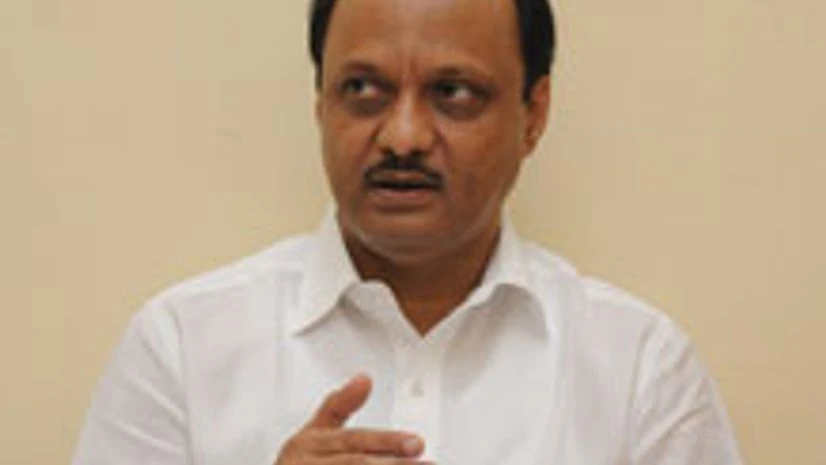“Since the DMK has taken the decision, our position is a little vulnerable in Parliament. So, we have to be ready to go to polls anytime. I don’t say we’ll immediately go, but if that situation happens, we have to be ready,” Pawar told reporters. He said the Congress, NCP, National Conference, which are part of the UPA government, would have to sit together to decide future course of action.
“I will request UPA chairperson Sonia Gandhi to soon convene a meeting in this regard. I know it is also Sonia Gandhi’s views to jointly work out a future strategy,” said Pawar. He noted he would certainly like if more secular parties join the UPA ahead of the general elections.
Pawar, however, ruled out the possibility of the emergence of a third front during and after the 2014 general elections. “I continue to have dialogue with all parties as I strongly believe there should not be hatred in politics. So, if a section of the press and media have to fill their slot, they run story about me working on the third front. It is not a reality,” he said.
He also ridiculed Gujarat Chief Minister Narendra Modi when asked about his prospects of becoming Prime Minister. “So far, the experience is anyone who has been projected doesn’t become one,” he said.
On Ajit Pawar
Pawar senior ultimately broke his silence over the recent controversy surrounding his nephew and Maharashtra deputy chief minister Ajit Pawar’s ‘urine’ remarks. “His (Ajit Pawar’s) remarks were inappropriate and improper. Anyone who holds a seat of power must remember that with regard to issues that particularly concern the lives of people, they must be extra careful about what they say. I think his stand on the issue was wrong,” he said.
Signalling to move on from the issue, he said, “Once a person realises that he has made a mistake and once he has apologised for the same, I think the issue should be laid to rest.”
Ajit Pawar had recently asked if dams had no water, should he fill them by urinating in them. He also made another controversial remark that children are born during power cuts as “people have no other work to do”.
Sharad Pawar’s comments come at a time when there has been increasing demands from the state opposition asking for the deputy chief minister’s resignation.
While the NCP chief admitted that his nephew’s comments were unwarranted, he pointed that the Ajit Pawar had realised his mistake. He advised the deputy chief minister to be “extra careful” while speaking in public and maintain the highest standards of culture in politics.
He also called upon the opposition parties and media not to stretch the issue further.
On Ajit’s statement that he would consult NCP legislators before taking any decision on resigning from his post as the deputy chief minister, Sharad Pawar said such a crucial decision is taken by the party’s highest decision-making body and not merely through consultation with the legislators.
“Consultation with the legislators is alright, but the party’s highest-decision making body will take a final decision on Ajit’s resignation,” he said, indirectly ruling out the possibility of Ajit’s resignation.
On Food Security Bill
Pawar said neither he nor his party was opposed to the implementation of the Food Security Bill, which has been cleared by the Cabinet and currently being examined by the parliamentary committee. He, however, informed that rice at Rs 2 a kg and wheat at Rs 3 a kg should be provided only to people the below poverty line (BPL).
“As per the Planning Commission’s estimates, 34 per cent of people in India are BPL. However, the Food Security Bill envisages supply of rice and wheat at the subsidised rate for 70 per cent. I have asked these details from the Planning Commission,” he added. Pawar informed that the annual subsidy burden will be of the order of Rs 1.2 lakh crore and it will increase further. Pawar said the producer should get his due. “There should not be any cut in cost of cultivation while implementing the Food Security Bill,” he said.
He clarified that his party and he would support the Food Security Bill in Parliament after its submission after the recommendations of the parliamentary committee.
This year’s food grains production will touch 260 million tonnes, he added.

)
